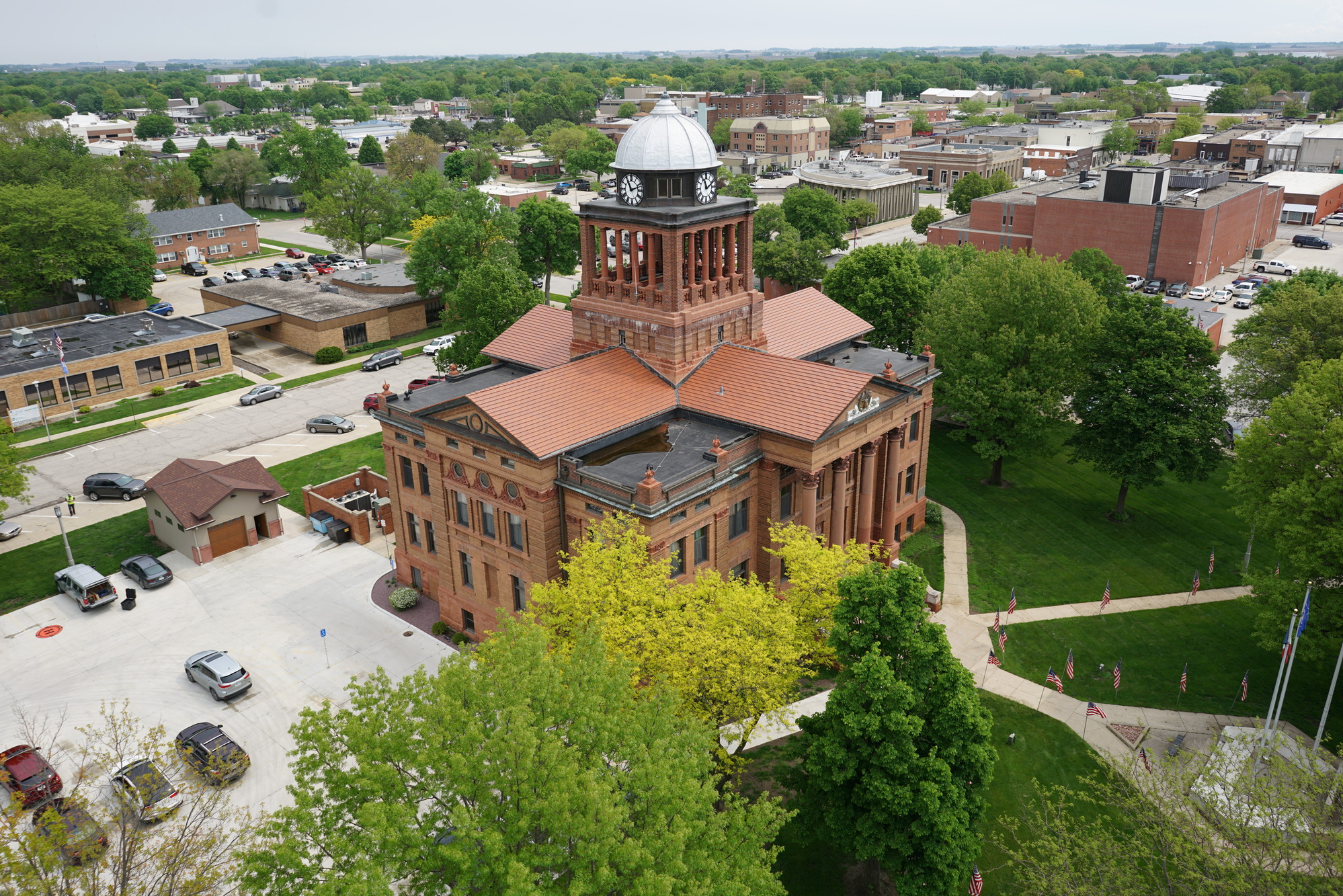Corporate Community Involvement Builds Partnerships
Due to direct relationships and intimate understandings, resident philanthropic organizations are often well-positioned to rally the communities they serve to provide solutions to local challenges, creating valuable partnership opportunities between non-profits, cities, and school districts. By integrating unique engagement efforts into school organizations - teachers, principals, architects, engineers, and everyone in between can help make educational institutions a success from the community core outward to support positive 21st century plans. This concept is not new, but one that is intimately guiding a local Southern Minnesota group, Project for Teens (P4T). A look into P4T’s mission and model provides translatable opportunities across the education market, and serves as a powerful example of how supporting local philanthropy efforts can help build communities.
Opportunity + Strength
P4T is a volunteer service learning program that involves approximately 125 students, grades 10-12, from five Greater Mankato area high schools. P4T trains peer leaders to share messages that promote healthy decision making with 6-8th grade students. Topics include safe sex, bullying, abstinence, drugs and alcohol, refusal skills, and body image. P4T also hosts community events to provide tips on how parents can discuss these issues with their children.
Synergies Create Potential
Many school districts seek volunteers to enrich student learning and strengthen the partnership between families, communities, and the schools. While these philanthropic efforts benefit the students and causes they support, they also help strengthen ties between communities and districts, creating a structure for success.

As more schools realize that classroom and district spaces of the past only lend themselves to a small percentage of students’ true learning spaces, we are seeing schools transform into collaborative and flexible personalized learning institutions. Who better to shape these schools than the families they affect most? Residents want to see their districts succeed, and as these transformations happen, can be a vital resource for feedback. By bringing community members together with everyday users of the space, a shared understanding and vision is created for how the school can be a community resource. Whether districts are planning deferred maintenance, remodels, or referendums, this synergy creates healthy and vibrant schools and an investment in the future.
Join the Conversation #CommunityInvolvement #ProjectforTeens #CorporatePhilanthropy
Related Articles

.webp)
Navigating the MS4 Permit Program: How ISG Supports Communities Every Step of the Way
The management of stormwater runoff is a pressing concern for cities across the nation, and the Municipal Separate Storm Sewer System (MS4) permit program is a critical framework designed to protect water quality and our natural resources.


Optimize Maintenance + Reveal Opportunities with Facilities Assessments
The Clay County Board of Supervisors (County) knew they needed to address facility repairs in their Administration Building, Courthouse, and General Services Center. While maintaining public buildings does not generate excitement, County leaders recognized that deferring upkeep of public facilities can cost more in the long run if left unaddressed and may result in limiting other more impactful projects.

Creating Flood-Resilient Communities: A Case Study in Floodplain Management
In the land of 10,000 lakes, Minnesotans love to live near and play in our abundant water systems. But the effects of population growth, land use development, and climate change pose challenges within floodplain areas, contributing to persistent flooding issues.


Why a Phase 1 Environmental Site Assessment is Critical to Project Success
In the world of real estate development and land acquisition, the road to success is paved with thorough planning and attention to detail. One often overlooked but crucial step in the due diligence process is the Phase 1 Environmental Site Assessment (ESA). Before a client begins any project, ISG often conducts a Phase 1 ESA to identify any recognized environmental conditions (RECs) that could impact the property's value or pose potential risks to public health and the environment. The result of the assessment influences the project’s direction and success long-term.


.svg)




